RPSC has released the syllabus and exam pattern for the post of School Lecturer English (Sanskrit Education) 2024. Candidates will get benefitted if they know the complete syllabus and exam pattern. If they get through the syllabus and exam pattern, it will help them to understand marks distribution and they will plan their strategy accordingly.
| Total marks | 300 |
| Total Questions | 150 |
| Exam Duration | 3 hours |
| Negative Marking | ⅓ |
RPSC School Lecturer English Syllabus 2024 Marks Distribution
| Subject (Topic) | Marks |
| Senior Secondary Level | 110 |
| Graduation Level | 110 |
| Post Graduation Level | 20 |
| Educational Psychology, Pedagogy, TLM, Use of Computer & Information Technology in Teaching Learning | 60 |
RPSC School Lecturer English Detailed Syllabus 2024
Part – I Senior Secondary Level
1. Articles and Determiners
2. Tenses
3. Transformations:
(i) Direct – Indirect
(ii) Active – Passive
(iii) Affirmatives, Negatives, Interrogatives
(iv) Simple to Compound and Complex
4. Auxiliaries/Modals
5. Prepositions
6. Phrasal verbs and Idioms
7. Reading Comprehension
8. Précis writing
9. Letter writing
10. Report writing
Part – II Graduation Level
(A) Poetry
1. Milton: On His Blindness
2. John Donne: Go and Catch a Falling Star
3. Wordsworth: Daffodils
4. Shelley – Ode to the West Wind
5. Keats – Ode on a Grecian Urn
6. Browning – My Last Duchess
7. Nissim Ezekiel – Night of the Scorpion
8. Kamla Das – Dance of the Eunuchs
(B) Drama
Shakespeare: Macbeth
As You Like It
(C) Prose
Bacon: Of Studies
Lamb: In Praise of Chimney Sweepers
(D) Fiction
Hardy: The Mayor of Casterbridge
R.K. Narayan: The Vendor of Sweets
(E) An Acquaintance with the following Literary Forms: –
Ode, Elegy, Ballad, Sonnet, Epic, Gothic, Allegory.
(F) An Acquaintance with the following Figures of Speech: –
Simile, Metaphor, Personification, Irony, Hyperbole, Onomatopoeia,
Synecdoche, Oxymoron.
(G) Phonetic Transcription, Word-Stress.
Part – III Post Graduation Level
(A) T.S. Eliot – The Waste Land
Harold Pinter – The Birthday Party
Anita Desai – Cry, the Peacock
(B) Varieties of Languages: Creole, Pidgin,
Code – Switching,
Code – Mixing.
Part – IV (Educational Psychology, Pedagogy, Teaching Learning Material, Use
of Computers and Information Technology in Teaching Learning)
I. Educational Psychology
• Concept, scope and functions of educational psychology.
• Physical, cognitive, social, emotional and moral developmental characteristics
of adolescent learner and its implication for teaching-learning.
• Behavioural, cognitive and constructivist principles of learning and its
implication for senior secondary students.
• Concept of mental health & adjustment and adjustment mechanism.
• Emotional intelligence and its implication in teaching learning.
II Pedagogy and Teaching Learning Material (Instructional Strategies for
Adolescent Learner)
• Communication skills and its use.
• Teaching models- advance organizer, concept attainment, information
processing, inquiry training.
•Preparation and use of teaching-learning material during teaching.
• Cooperative learning.
III Use of Computers and Information Technology in Teaching Learning
• Concept of ICT, hardware and software.
• System approach.
• Computer assisted learning, computer aided instruction.
RPSC School Lecturer English Syllabus 2024 Pdf & Important links
| Official RPSC Website | Click Here |
|
RPSC School Lecturer English Syllabus 2024 Pdf |
Download Now |
| Follow us on Telegram | Follow Now |
| Our Official Website | Visit Now |
| Our Facebook Page | Follow Now |
Discover more from Gyankundli
Subscribe to get the latest posts sent to your email.
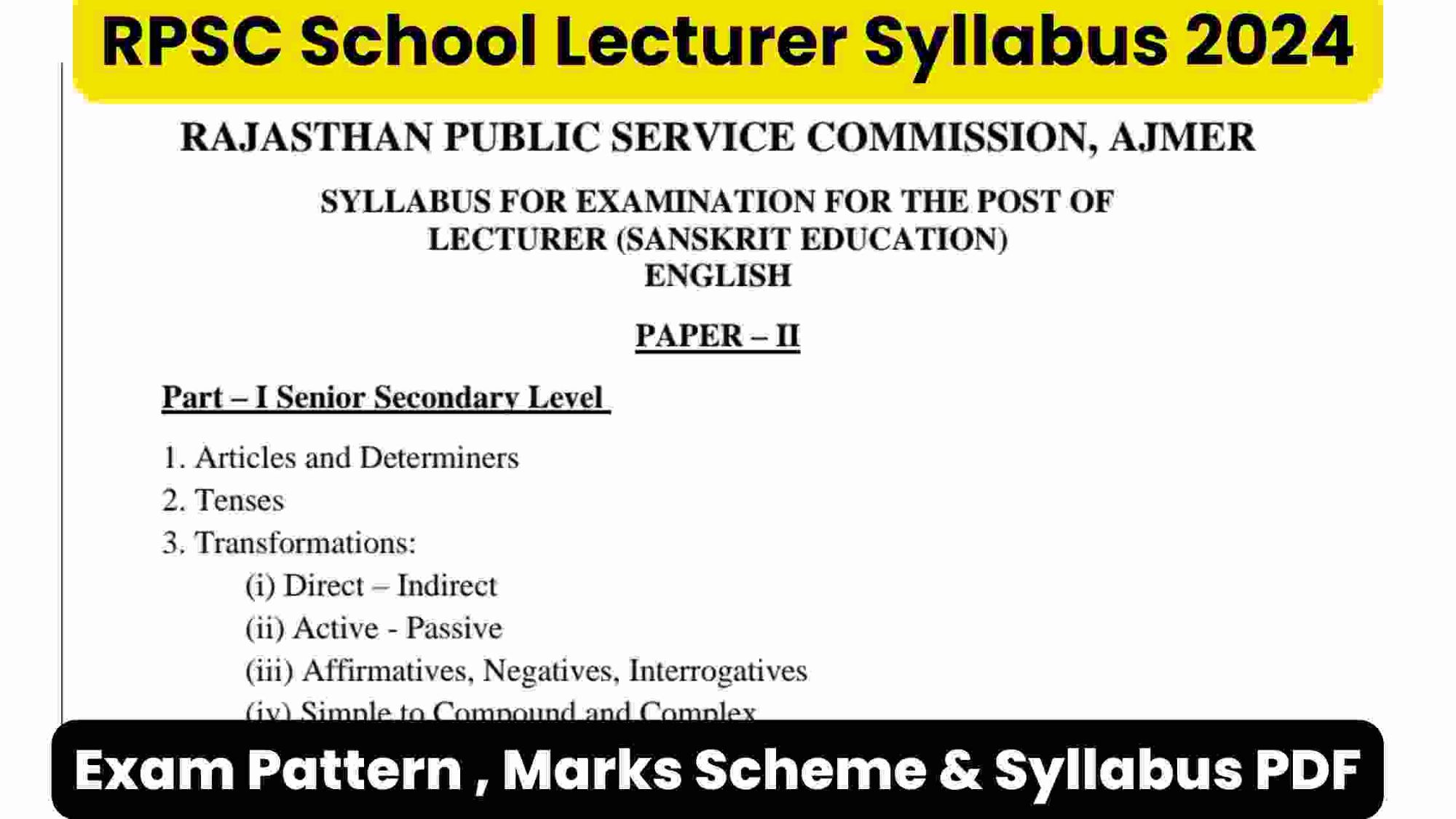
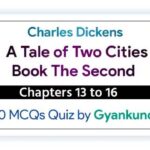




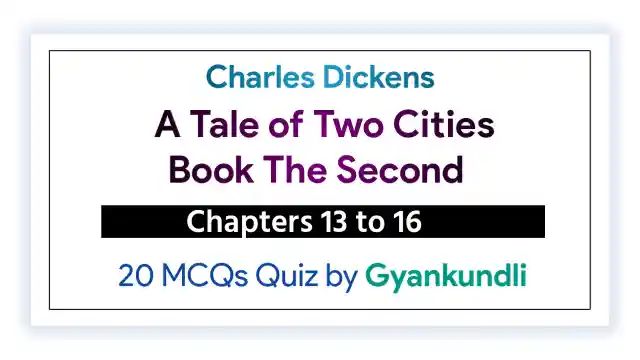
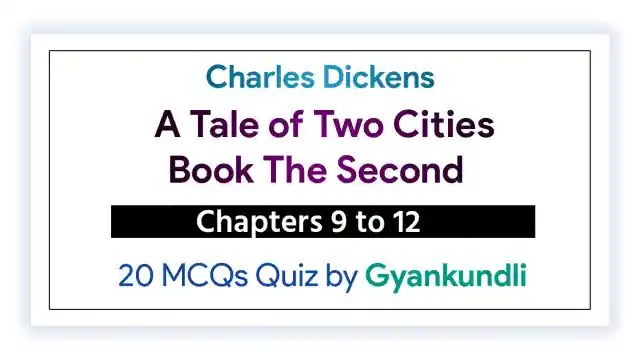
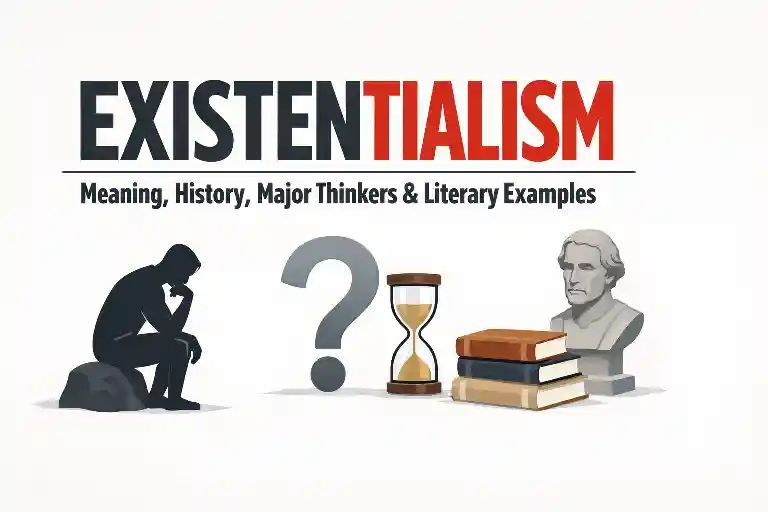
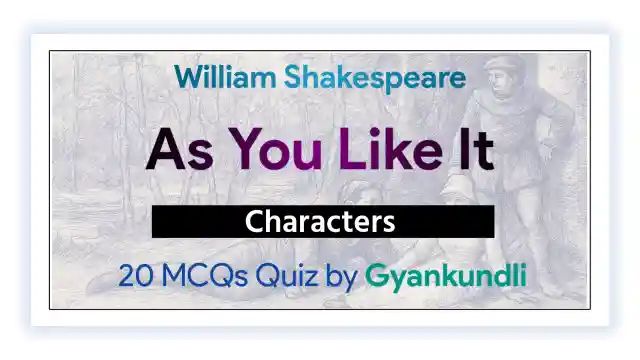
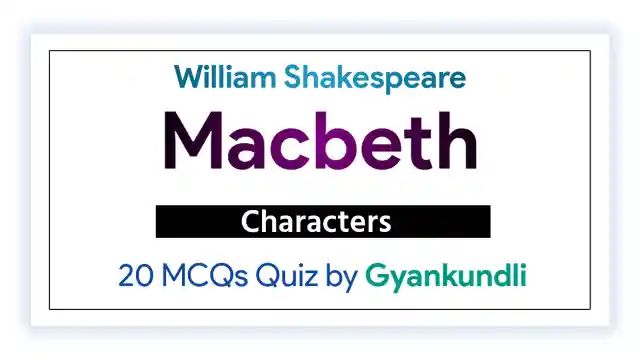
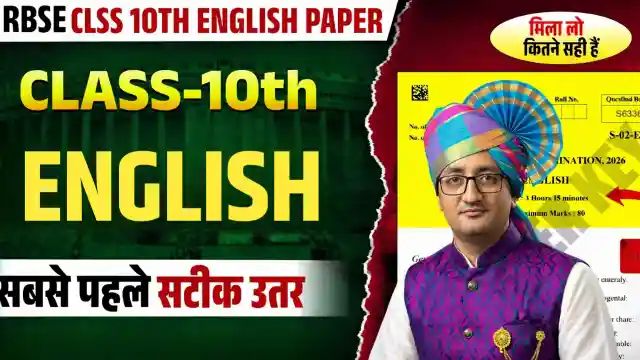
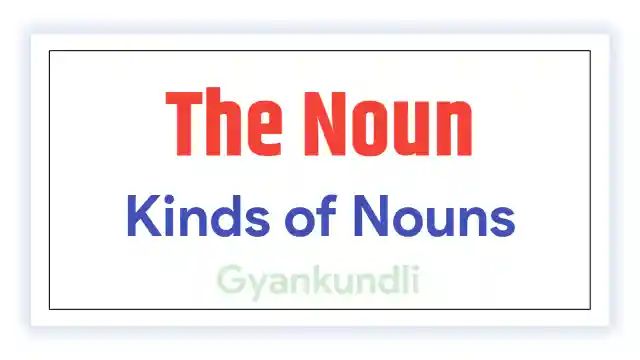

1 thought on “RPSC School Lecturer English Syllabus Pdf & Exam Pattern 2024”